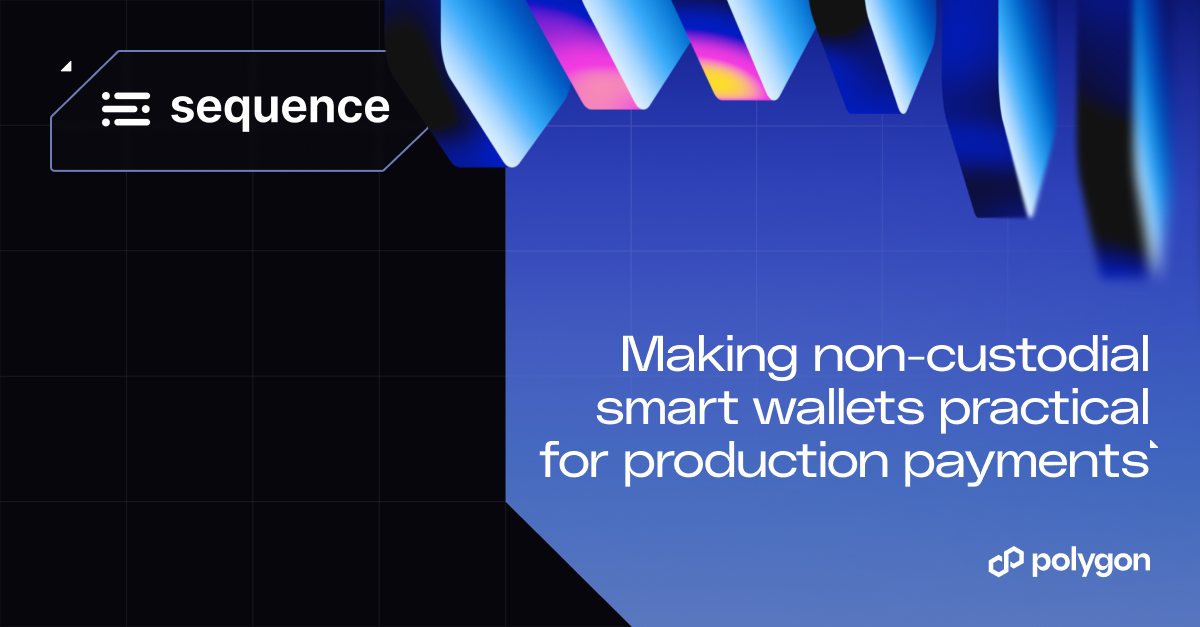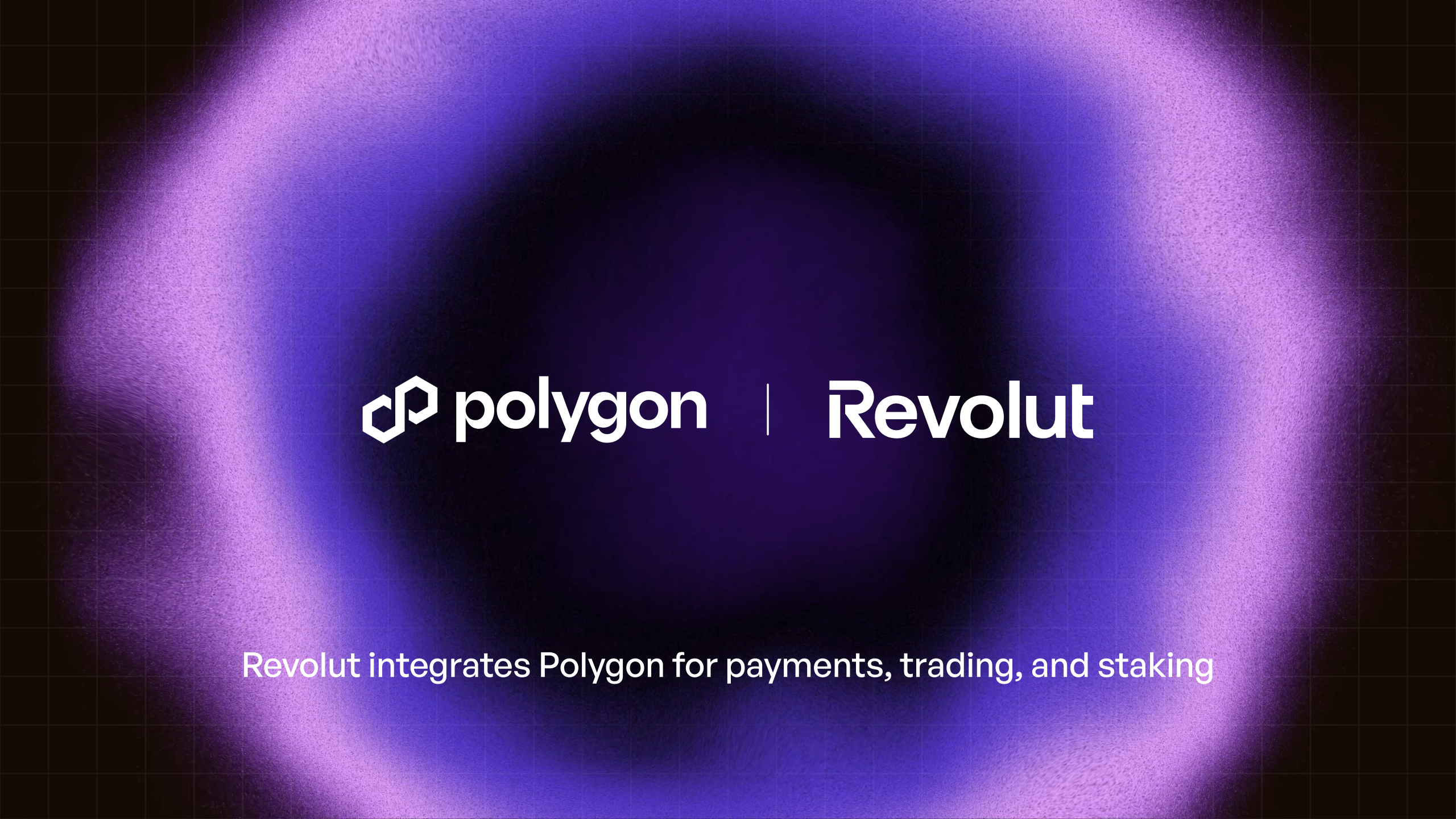How the metaverse will change your workplace

The morning commute and cubical might soon be things of the past. The metaverse is bringing forth a new era for the workplace that is set to change companies on a global scale.
Commuting to work on a daily basis can be a struggle and big time consumer for many. Others might experience bad work environments with angry bosses, bad atmosphere and maybe even discrimination or bullying at the work place. The solution to some of these problems might already be here, as the metaverse starts to play a bigger role in global industries.

What exactly is the metaverse? To put it lightly, it’s a 3D virtual world which focuses on social connection and interaction. The term dates back to old 90’s science fiction movies, but today the term can be used on a much broader scale and doesn’t have to be related to fiction.
It’s possible that this new digital environment could be the future of work. People are now able to do their work fully digitally and connect with co-workers and customers all without being present physically.
The metaverse is already providing new ways of earning a living through digital economies.
What launched the metaverse forward?
One major thing has caused the metaverse to launch forward the past few years and that is, of course, the global pandemic. During the pandemic, people from all over the world suddenly had to adjust to a new day-to-day life without much physical social interaction and having to work remotely.
These sudden limitations quickly forced companies to adapt, with many increasing their number of virtual meetings and installing the latest in collaboration software. Colleagues needed to get used to this new working environment without having anyone physically nearby.
Little did people know, this new found way of working is exactly what the metaverse looked to adapt and grow. During this period an increase in the interest of cryptocurrencies, NFTs, and blockchain tech emerged. A combination of this alongside remote work is considered to be what lead to the metaverse and Web3 boom.
The realization that many office and computer jobs can be done at home has lead to metaverse innovations including office simulators, virtual reality social platforms, and other tools to collaborate and be productive online.
The emergence of virtual economies
Besides businesses transitioning to remote work and metaverse marketing, we have also seen a spike in virtual economies growing alongside this boom.
Big blockchains such as Ethereum and Polygon have given rise to a whole new means of online earning. With these blockchains, it’s now possible to build a business through the metaverse and use cryptocurrency to earn profits in a fast-growing space.

Entrepreneurs as well as developers from all over the world have built businesses in mass these last few years, with some of them turning out to be profitable projects that stay completely decentralized through blockchain technology. Even though these companies are built in much different ways than businesses as we know them, they have gained plenty of traction and interest especially from younger generations.
Some of these digital entrepreneurs have even set up their own businesses inside of metaverse platforms. With platforms like Decentraland and Sandbox people can buy virtual land and build whatever they wish on that land. These platforms aren’t only just for games as players can become business owners in a whole new way by setting up shop inside these universes.
Transactions for in-game items, rewards, and other ways to earn are typically paid out using a platform’s native crypto. In this case, $SAND or $MANA.
For these businesses to run and actually make money, users can earn these crypto tokens in different ways such as winning games, completing quests, or even by participating in events. It’s also possible to sell items as NFTs, so countless ways really exist to earn within the metaverse.
Businesses are expanding their brands in the metaverse
Major companies are also starting to step their toes into a new breed of marketing. Brands that have existed for decades are now starting to look towards the metaverse and realize how much of an impact it can have on promotion.
The way bigger brands find the metaverse interesting is often through user-generated content that can be used actively as a marketing strategy. Brands are able to host their own virtual events where customers can buy products and even receive rewards. This method has introduced a new way for brands to connect with customers, giving them an opportunity to play a greater role.
During the past years, we have seen the likes of Adidas, Nike, Dolce & Gabbana, and other well-known brands dipped their toes into this new venture. Many of these brands have even sold NFT’s that are made in partnership with some of the biggest blockchains today.

This is a new way for big companies to market themselves and create unique and innovative experiences for their customers.
Ways the metaverse will change how we work
Understanding the metaverse for newcomers can be a bit tricky, especially how some may consider it to be the future of work. With the metaverse shaping up to be a new worktool that will be used for years to come, global workers will likely have to adapt to the concept in the upcoming years.
To help make it a little more specific, here’s a brief list of specific ways that the metaverse will change how we work.
- Ability to stay anonymous and focus on one’s “work” and not “them”
One of the big perks with the metaverse is that it’s possible to stay completely anonymous. This means hiring people will keep all focus on the individual's work and not necessarily the person behind the screen. It can potentially lead to less discrimination when hiring new individuals, as people are only judged on his/her specific work when hired anonymously.
- Work from anywhere in the world remotely
Working in the metaverse also means that people can work completely remote from anywhere in the world. This will mainly require an internet connection, meaning that people can work on the go and achieve more flexible working hours.
A normal work day as we know it usually requires the employee to work physically from a workplace. In the new age of the metaverse, this will no longer be a requirement and people are, therefore, no longer required to be located in a specific place to do their job.
The ideal decentralized technology is essentially to provide freedom to the individuals and allow employees to work wherever they wants as long as the required work is delivered.
- Video games will become a profession
Alongside the metaverse, we have also seen a big boom in Play to Earn gaming and NFTs. All three go hand in hand, making it a possibility to play video games as a profession. With P2E games, people can now gain revenue from playing and transform that into a living wage.
An example of this is the horse racing game Pegaxy, where people are able to race virtual horses and earn the Pegaxy cryptocurrency while doing so. In Pegaxy, the NFT owners are able to earn a passive income by renting out their NFTs.
Play to earn gaming has seen success in countries like the Philippines, where for some, P2E games have become a profession in itself. As people are now able to earn income from games like Pegaxy or many others, it’s become possible for gamers to be investors and even entrepreneurs.
- Run decentralized businesses and have meetings in 3D board rooms
For businesses, the metaverse allows for a completely decentralized business model. Take into account decentralized autonomous organizations (DAOs), which hire people to work for them through decentralized means.
The benefits of DAOs have proven to be a structure that allows communities to have an influence on a project. It’s no longer a small group of select people that make the big decisions seen in most global corporations today. Instead, it’s the community as a whole that have an influence on the direction that a project is going.
The metaverse is also in continued development and people are constantly finding new ways to make it useful. Not only for games and online fun, but now also to be an active part in the daily life of businesses.
It’s possible that the company meetings of tomorrow will be held through VR headsets in a virtual board room. Big companies such as META and Microsoft have already been experimenting with meeting rooms like these, where individuals can collaborate with each other in real time.
Imagine attending meetings with your metaverse avatar as you go through the weekly performance numbers!
Despite being a fairly new concept, it’s already clear that the metaverse is here to stay as companies of all sizes are making an active effort to develop it.



%20(1).png)
.png)



.jpg)
.jpg)
.png)

.png)




